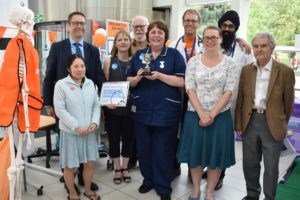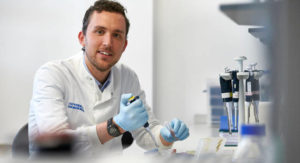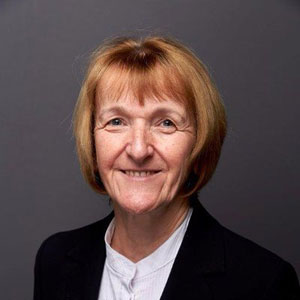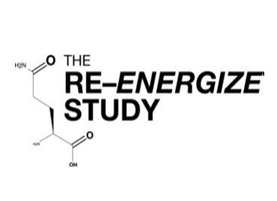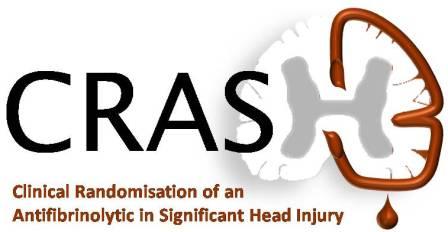
SRMRC-supported trial finds widely-available drug could reduce deaths from head injury


A low cost and widely available drug could reduce deaths in traumatic brain injury patients by as much as 20 per cent depending on the severity of injury, according to a major study carried out a number of centres, including the Queen Elizabeth Hospital Birmingham (QEHB).
The research, published in The Lancet, showed that tranexamic acid (TXA), a drug that prevents bleeding into the brain by inhibiting blood clot breakdown, has the potential to save hundreds of thousands of lives. The CRASH-3 (Clinical Randomisation of an Antifibrinolytic in Significant Head Injury) trial was one of the largest clinical trials ever conducted into head injury, with patients recruited from 175 hospitals across 29 countries.
The trial results found that administering tranexamic acid intravenously within three hours of injury reduced the number of deaths, with the effect greatest on patients with mild and moderate traumatic brain injuries.
Co-investigator for trial Professor Tony Belli, Director of the NIHR Surgical Reconstruction and Microbiology Research Centre (SRMRC), said: “This is a landmark study. After decades of research and many unsuccessful attempts, this is the first ever clinical trial to show that a drug can reduce mortality after traumatic brain injury.
“Not only do we think this could save hundreds of thousands of lives worldwide, but it will no doubt renew the enthusiasm for drug discovery research for this devastating condition.”
Because TXA prevents bleeds from getting worse, but cannot undo damage already done, early treatment is critical. The trial data showed a 10% reduction in treatment effectiveness for every 20-minute delay, suggesting that patients should be treated with TXA as soon as possible after head injury.
CRASH-3 has been one of the longest-running studies in the SRMRC. It opened in 2013 when the SRMRC was in its infancy and has gone on to be one of our most successful trials to date. We are immensely proud to have taken part in this global research project along with 171 other centres across 5 continents who together have recruited 12, 725 patients. The SRMRC team were in the top three of UK sites both for numbers of patients recruited but also for how many patients we recruited in the ‘golden hour’ – the first hour of injury where treatments can be crucial but collecting data can be difficult. The trial was jointly funded by the Department for International Development (DFID), the Medical Research Council (MRC), Wellcome and The National Institute for Health Research (NIHR).

